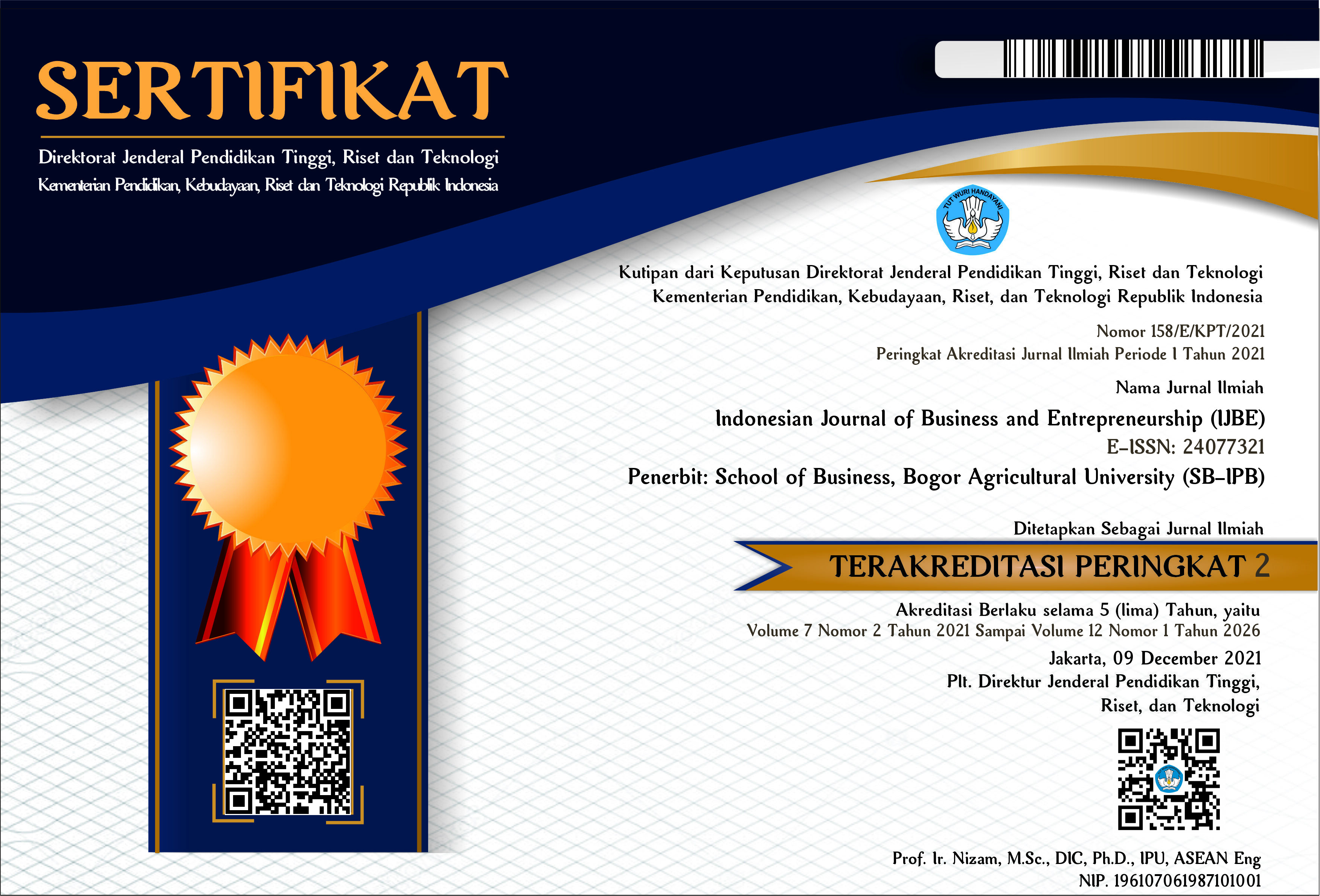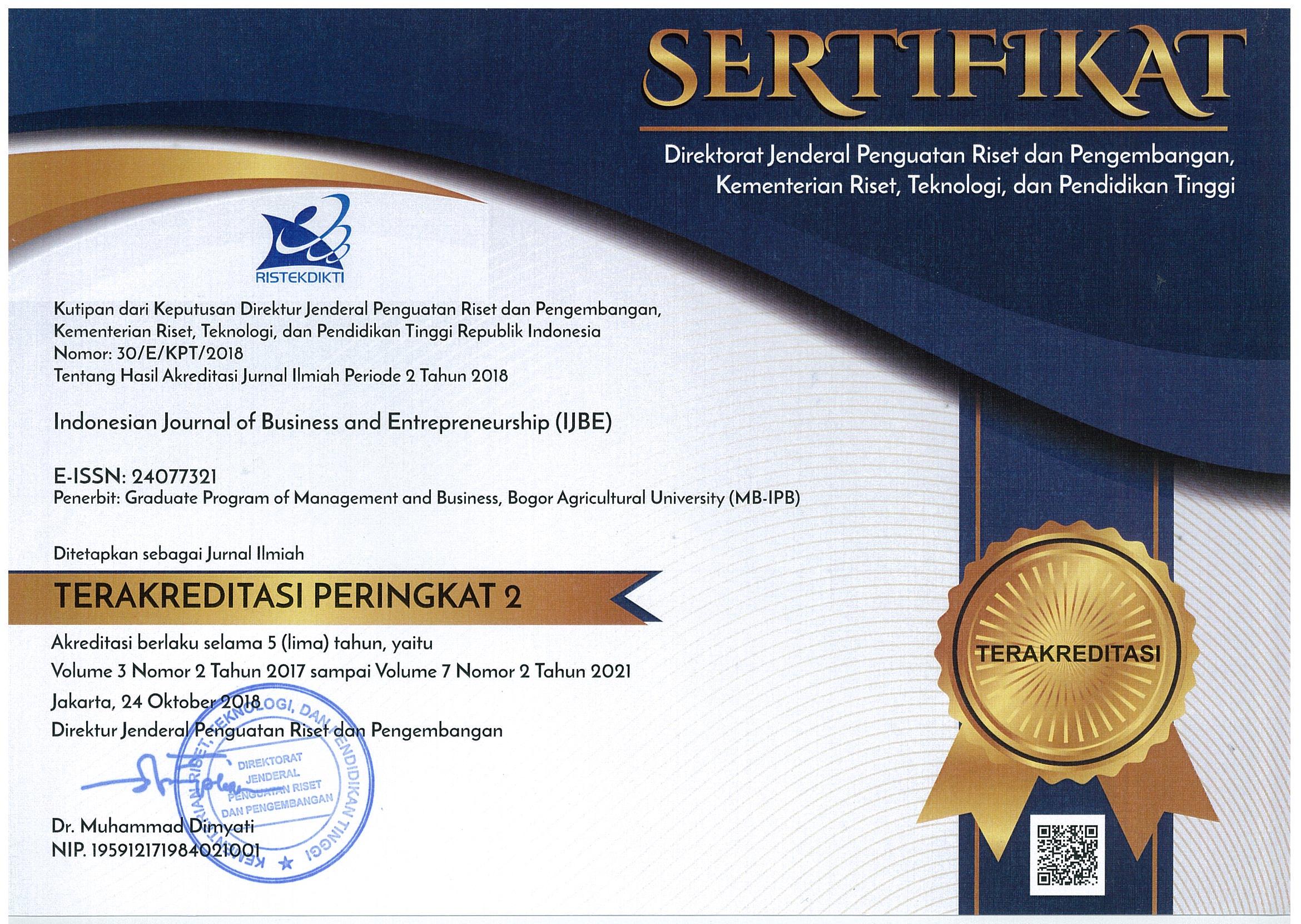Social Entrepreneurship Empowerment in the Indonesian Archipelagic Communities
Abstract
Poverty and unemployment problems are some of the problems in several Asian countries, especially in Indonesia. The Indonesian government and private institutions have made various efforts to overcome the problems through various empowerment programs. However, the results have not been optimal in reducing poverty and unemployment, especially in archipelagic areas that are geographically difficult to reach. This research aimed to describe the conceptual model of social entrepreneurship in the Indonesian archipelagic communities. The method used was qualitative and the data were collected using interviews and observation. The empirical findings showed that there were several components in developing social entrepreneurship, namely human and natural resource potentials, a motivator, mutual cooperation values, and community partners. In conclusion, social entrepreneurship could empower the archipelagic communities through social values built on community participation through a group approach by developing local potentials, motivation, and mutual cooperation values.
Keywords: archipelagic communities, mutual cooperation values, social entrepreneurship, tourism conscious group







